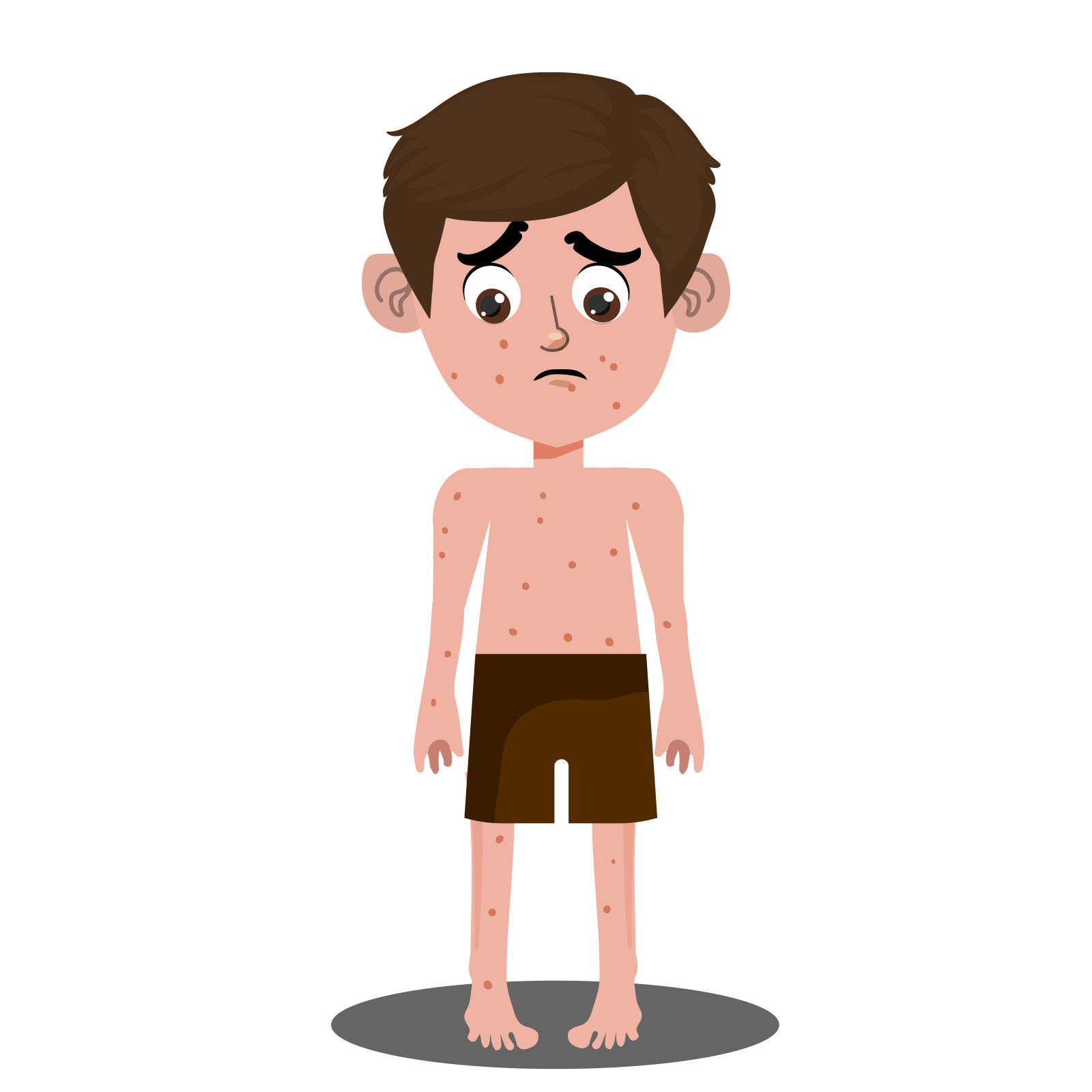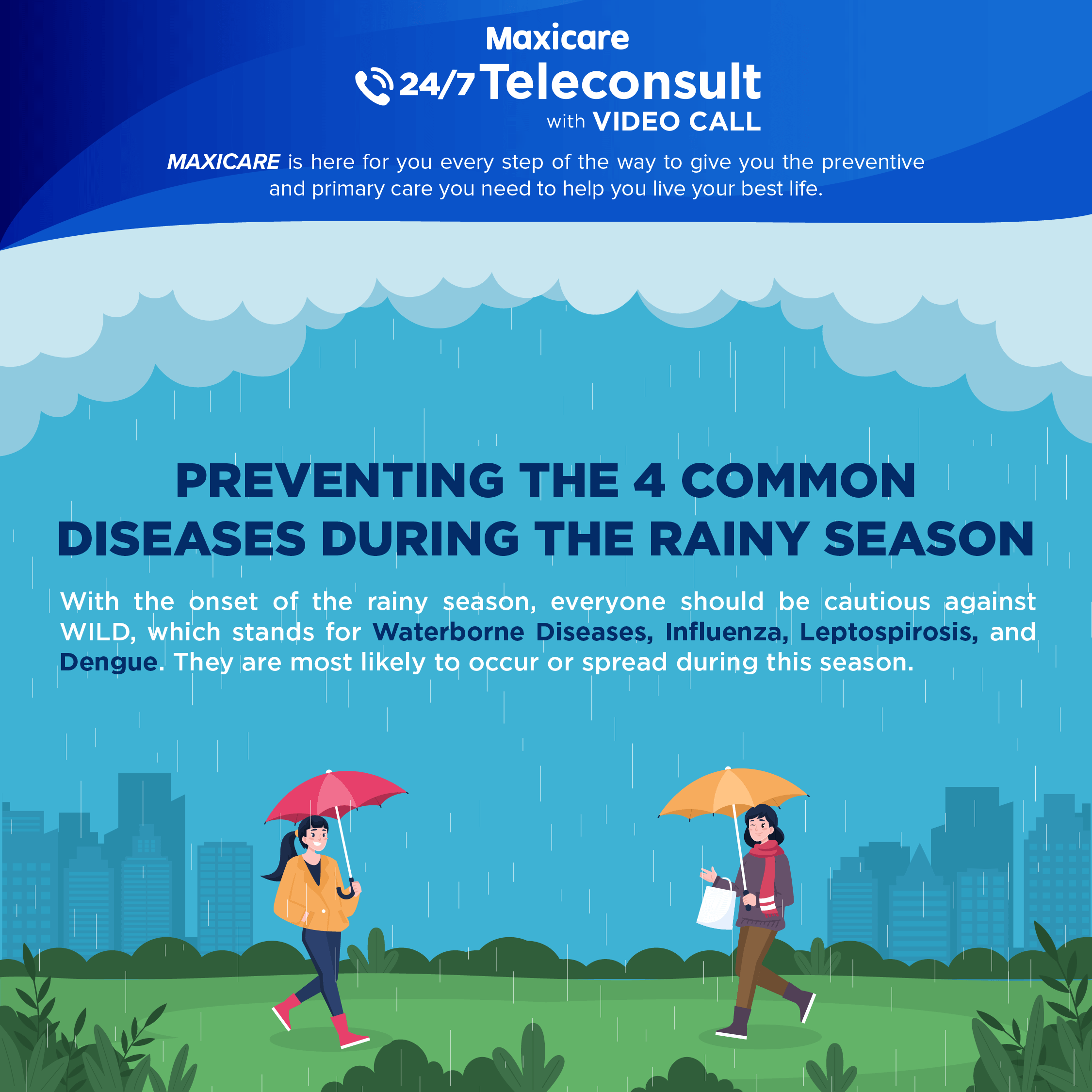
Rubella, also called German measles, does a virus cause a contagious disease. It is an infection that occurs most often in children and young adults. It’s usually mild in kids, but it can be serious in pregnant women
Signs & Symptoms
Rubella isn’t the same as measles, but the two illnesses share some signs and symptoms, such as the red rash. Unlike measles, the rash caused by rubella infection lasts about three days – this is why it is sometimes called the “3-day measles.”
Along with the rash, you might have the following:
- a low-grade fever
- headache
- mild pink eye
- swollen and enlarged lymph nodes
- runny nose
Transmission
- Rubella spreads when someone infected coughs or sneezes tiny germ-filled droplets into the air and onto surfaces
- People who catch the virus are contagious for up to a week before and a week after the rash appears
When a woman is infected with the rubella virus early in pregnancy, she has a 90% chance of passing the virus on to her fetus. This can cause the death of the fetus, or it may cause congenital rubella syndrome (CRS).
Children with CRS can suffer hearing impairments, eye and heart defects, and other lifelong disabilities, including autism, diabetes mellitus, and thyroid dysfunction.
Prevention
The best way is to get vaccinated. Children need two doses of the measles-mumps-rubella (MMR) vaccine.
- The first dose at 12 through 15 months of age
- The second dose at 4 through 6 years of age
If you’re a woman of childbearing age and haven’t been vaccinated, get the MMR vaccine at least one month before getting pregnant.
Rubella infection can lead to serious health complications, especially in pregnant women. If you or your child are experiencing signs and symptoms of rubella, consult a doctor via Maxicare’s 24/7 Teleconsult Hotline, Videoconsult services powered by the Doctor Anywhere App, or Maxicare Primary Care Clinic (PCC). You may also visit a PCC or request HomeCare for lab tests and diagnostic procedures.
References:
https://www.cdc.gov/rubella/index.html https://www.who.int/news-room/fact-sheets/detail/rubella







